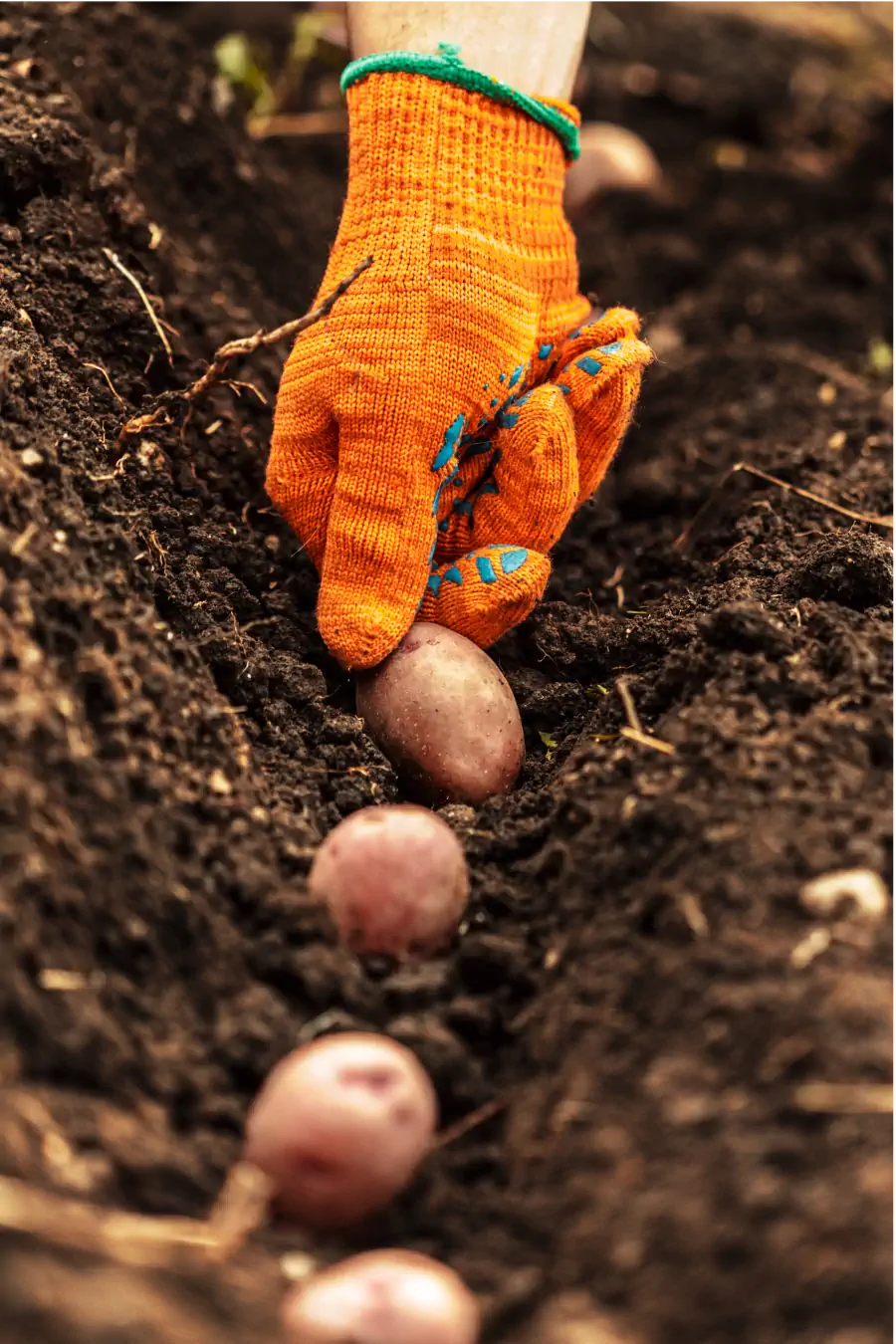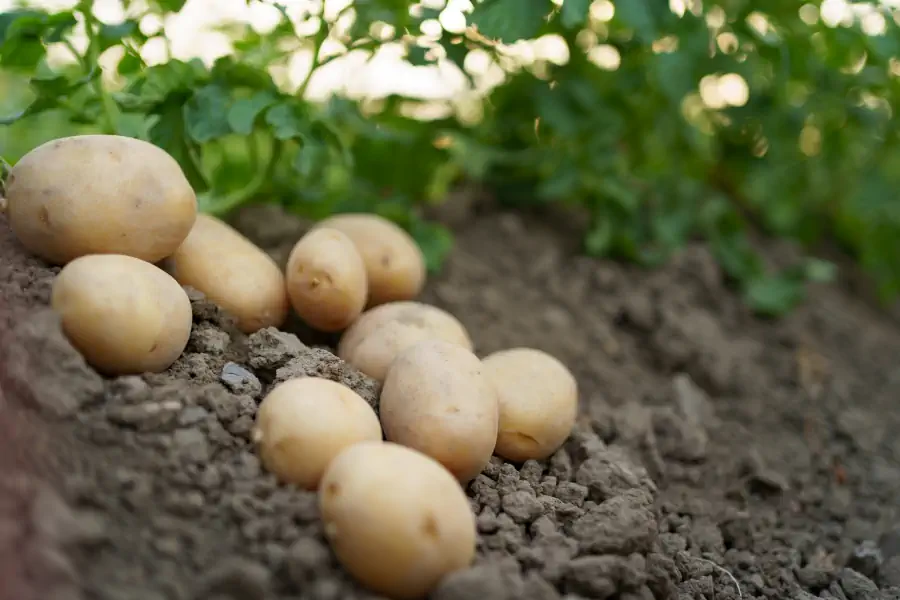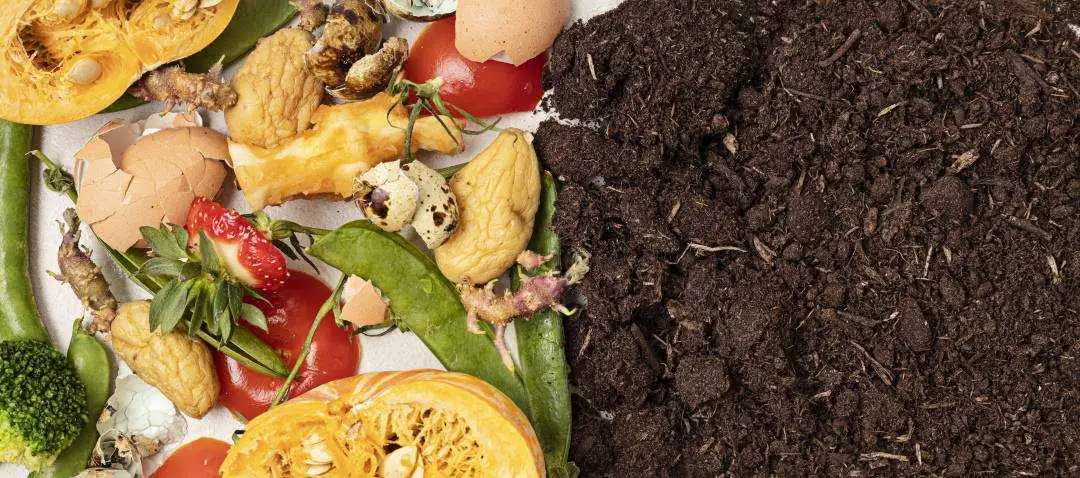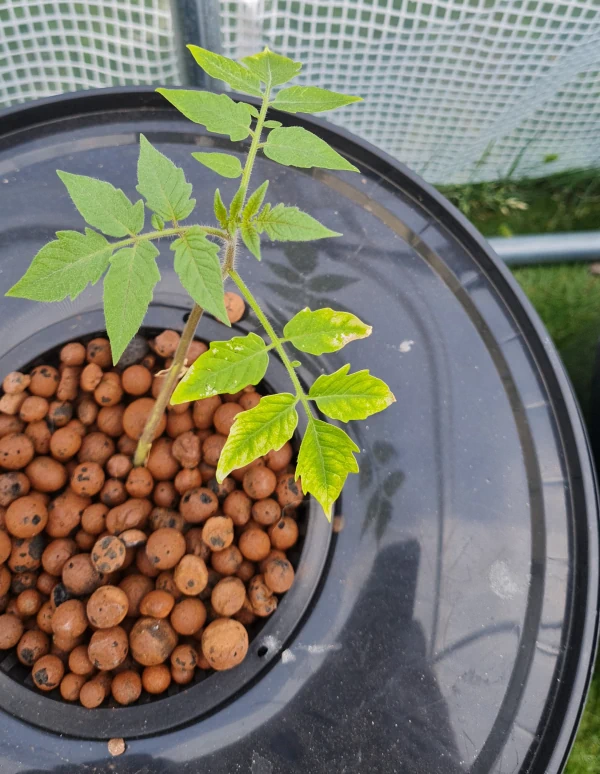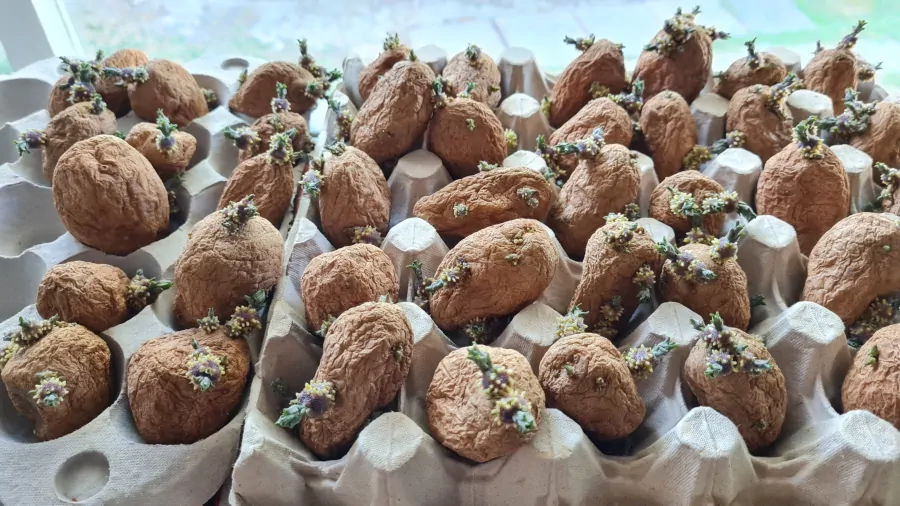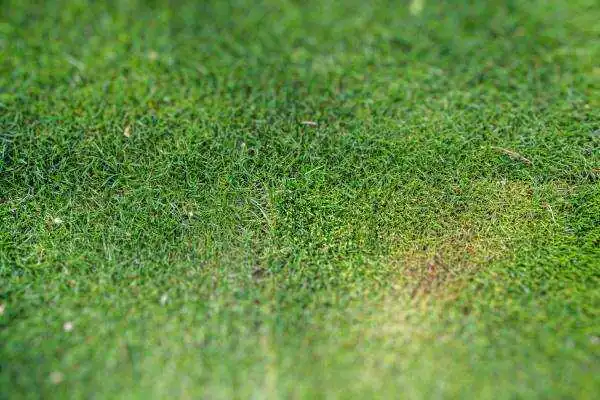
Introduction
a Lot of areas have seen droughts the last few years and the grass in our lawns have taken a beating in the heat that came with it.
Improving your lawn’s water consumption is essential for it making it more drought resistant and reducing maintenance cost.
In this article we are going to look at a few ways that you can make your grass more drought resistant. We will look at how you can help it to recover from a receding and brown state, when the draught finally lifts.
Lets start with some of the basics your lawn needs to survive:
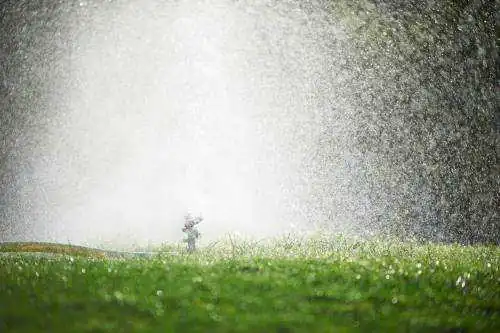
Watering
Water is one of the most important requirements for a healthy lawn and is restricted in drought conditions. To give your lawn the best fighting chance in this water scarce conditions, it is best to rather water more infrequently but deeply. This will assist in healthier root systems for the grass to get to water stored deeper underground.
Add compost
Compost is a great way of improving the water retention, aeration and nutrient content your grass is growing in. With plenty of organic material, it introduces slow releasing nutrients and encourages healthy airflow creating earthworms to live in the soil.
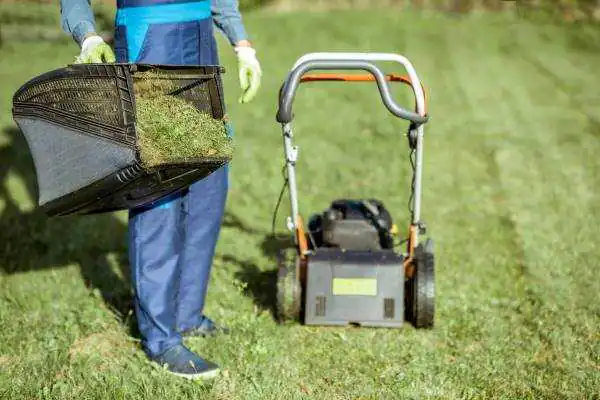
Using lawn clippings as mulch
Lawn clippings can be thrown over your lawn, protecting your grass from the sun and adding nutrients back into the soil as it decomposes. Lawn clippings are very rich in nitrogen and is a cost-effective and eco-friendly alternative to artificial fertilizers.
Be sure to not layer on too much lawn clippings on one spot, as it might starve the lawn from sun or help promote lawn fungus growth.
Lawnmower settings
Set you lawnmower to cut your grass higher. This helps the grass bounce back better by leaving more of the blade to produce nutrition and will help strengthen the grass root system.
Sharpen your lawnmower blade. This may seem strange but if your lawnmower blade is sharp it does not tear through the grass blade. This reduces the the impact of cutting the lawn to an already stressed lawn.
Conclusion
Whether you are currently in a drought or just want to improve the water consumption of the lawn, these water conservation techniques for your lawn should work.


